What is a Proxy Server?
A proxy server acts as an intermediary between your device and the internet. When you connect to the internet through a proxy server, your requests to access websites and other online resources are routed through the proxy server first. The proxy server then sends the requests to the internet on your behalf, receives the responses, and forwards them back to you. This process hides your actual IP address, potentially improving privacy and security.
What is a Mobile Proxy Server?
A mobile proxy server is a specific type of proxy server that routes your internet traffic through a mobile device, such as a smartphone or tablet, using mobile data networks. This means that when you use a mobile proxy, your online activity appears as if it’s coming from a mobile device using a cellular network (e.g., 4G, 5G) rather than from a traditional desktop computer or a broadband internet connection.
How Do Mobile Proxy Servers Work?
Mobile proxies work by assigning your connection to a mobile IP address. This IP address is associated with a mobile network, which is the same as the ones assigned to mobile devices by telecom providers. The process generally involves the following steps:
- Connection: You connect your device to the mobile proxy server.
- IP Assignment: The proxy server assigns you a mobile IP address, which is linked to a specific geographical location and mobile network.
- Request Routing: When you make a request (e.g., visiting a website), the mobile proxy sends the request through the mobile network.
- Response Handling: The website responds to the request, and the proxy server forwards the response back to you.
This process makes it appear as though you are accessing the internet from a mobile device in the location of the mobile IP.
Why Use a Mobile Proxy Server?
- Anonymity and Privacy: By masking your real IP address with a mobile IP, mobile proxies help maintain anonymity and protect your privacy online.
- Access to Geo-Restricted Content: Some websites and services offer different content depending on the user’s location or the type of device they are using. Mobile proxies can help you access content that is restricted to mobile users or specific geographic areas.
- Ad Verification: Companies use mobile proxies to check how their ads appear on different devices and in different locations, ensuring they are being displayed correctly.
- Data Scraping: For businesses involved in web scraping, mobile proxies help them avoid IP bans and access data from websites that might otherwise block or restrict desktop-based scraping.
- SEO Monitoring: Mobile proxies are used by SEO professionals to check how websites rank in mobile search results, which can differ from desktop search results.
Types of Mobile Proxies
- Dedicated Mobile Proxies: These are exclusive to one user at a time, providing better speed and reliability since there’s no competition for bandwidth.
- Shared Mobile Proxies: These proxies are used by multiple users simultaneously, making them more cost-effective but potentially slower due to shared resources.
- Rotating Mobile Proxies: These proxies automatically change the IP address assigned to your connection at regular intervals, making it even harder for websites to track your online activities.
Pros and Cons of Mobile Proxy Servers
Pros:
- Increased privacy and anonymity.
- Ability to bypass geo-restrictions and access content as a mobile user.
- Helpful in online marketing, SEO, and data scraping tasks.
Cons:
- Mobile proxies tend to be more expensive than regular proxies due to the cost of mobile data.
- Potentially slower speeds, especially with shared proxies, as bandwidth may be limited.
- Some services may detect and block proxy usage, especially if it’s shared or overused.
How to Choose a Mobile Proxy Service
When selecting a mobile proxy service, consider the following factors:
- Reliability: Look for a provider with a strong track record and positive reviews.
- IP Pool Size: A larger pool of IP addresses can help reduce the risk of getting blocked.
- Speed: Ensure the proxy service offers sufficient speed for your needs, particularly if you’ll be using it for data-intensive tasks.
- Support: Choose a service that offers good customer support, in case you run into any issues.
- Pricing: Consider your budget and the pricing models offered (e.g., pay-as-you-go, monthly subscriptions).
Conclusion
Mobile proxy servers offer unique advantages, particularly for those needing mobile-based IP addresses for privacy, geo-restriction bypassing, or professional tasks like ad verification and SEO monitoring. While they may come at a higher cost and with potential speed limitations, the benefits they provide can be well worth the investment, especially in specialized fields.

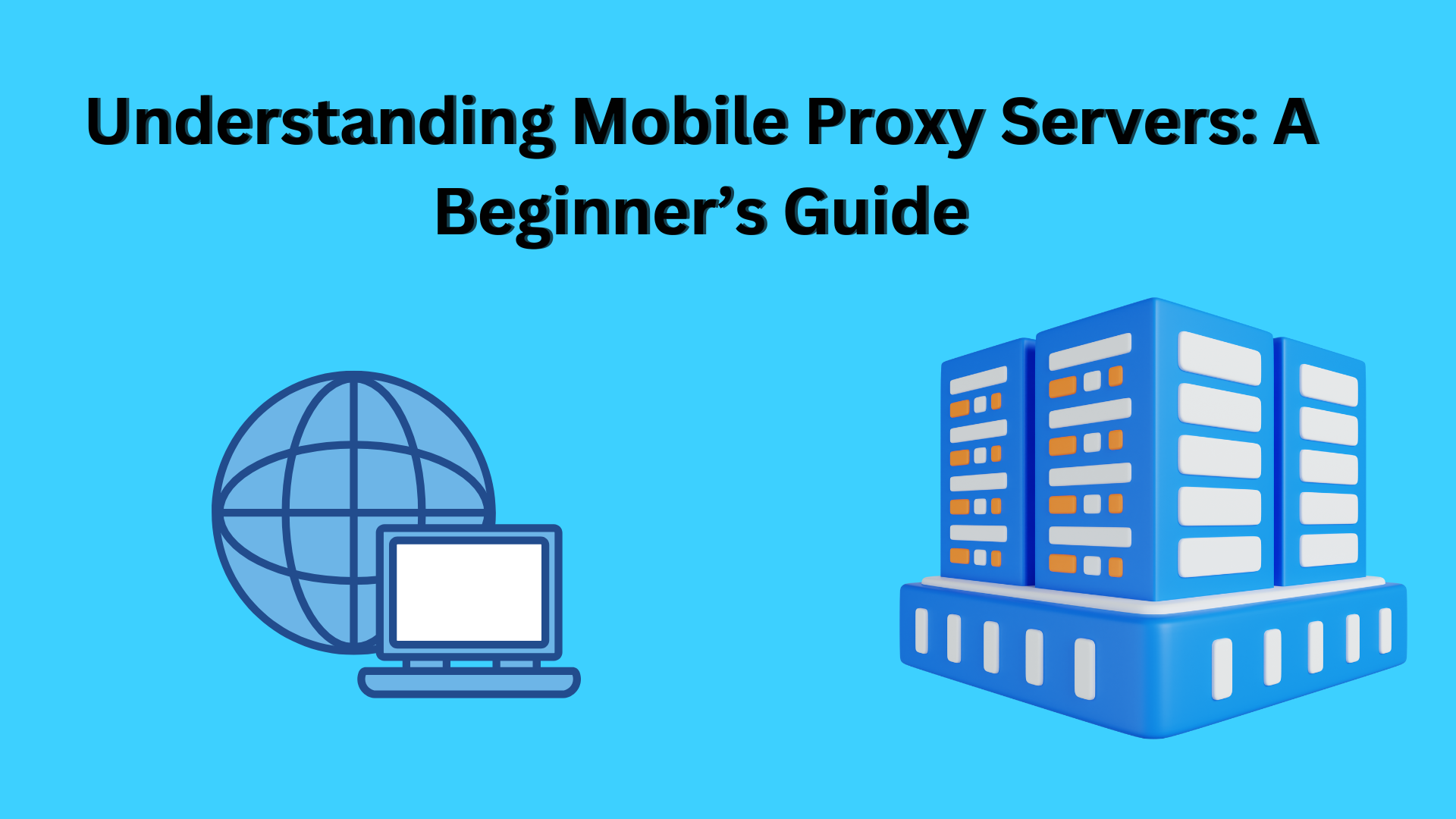
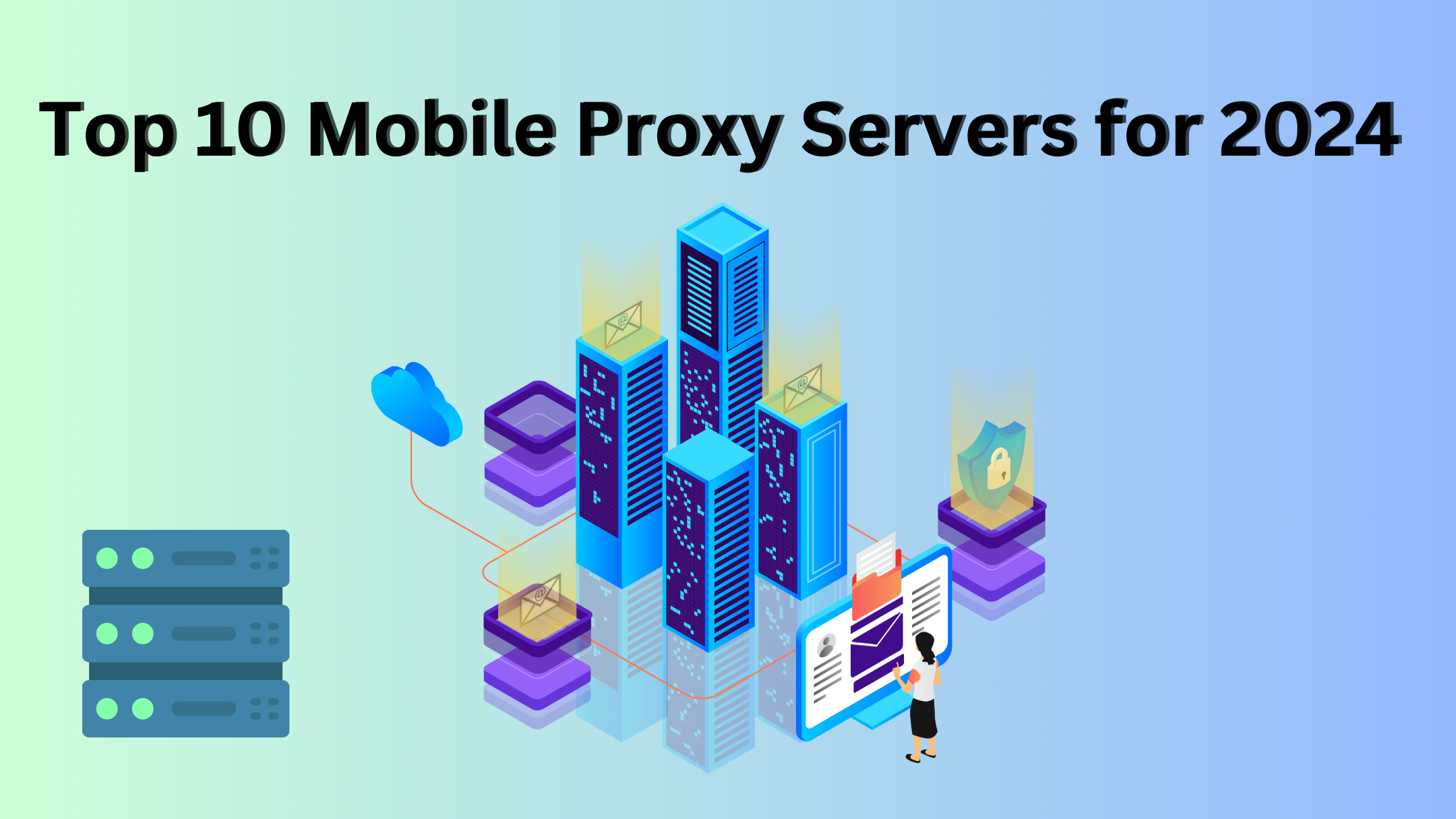
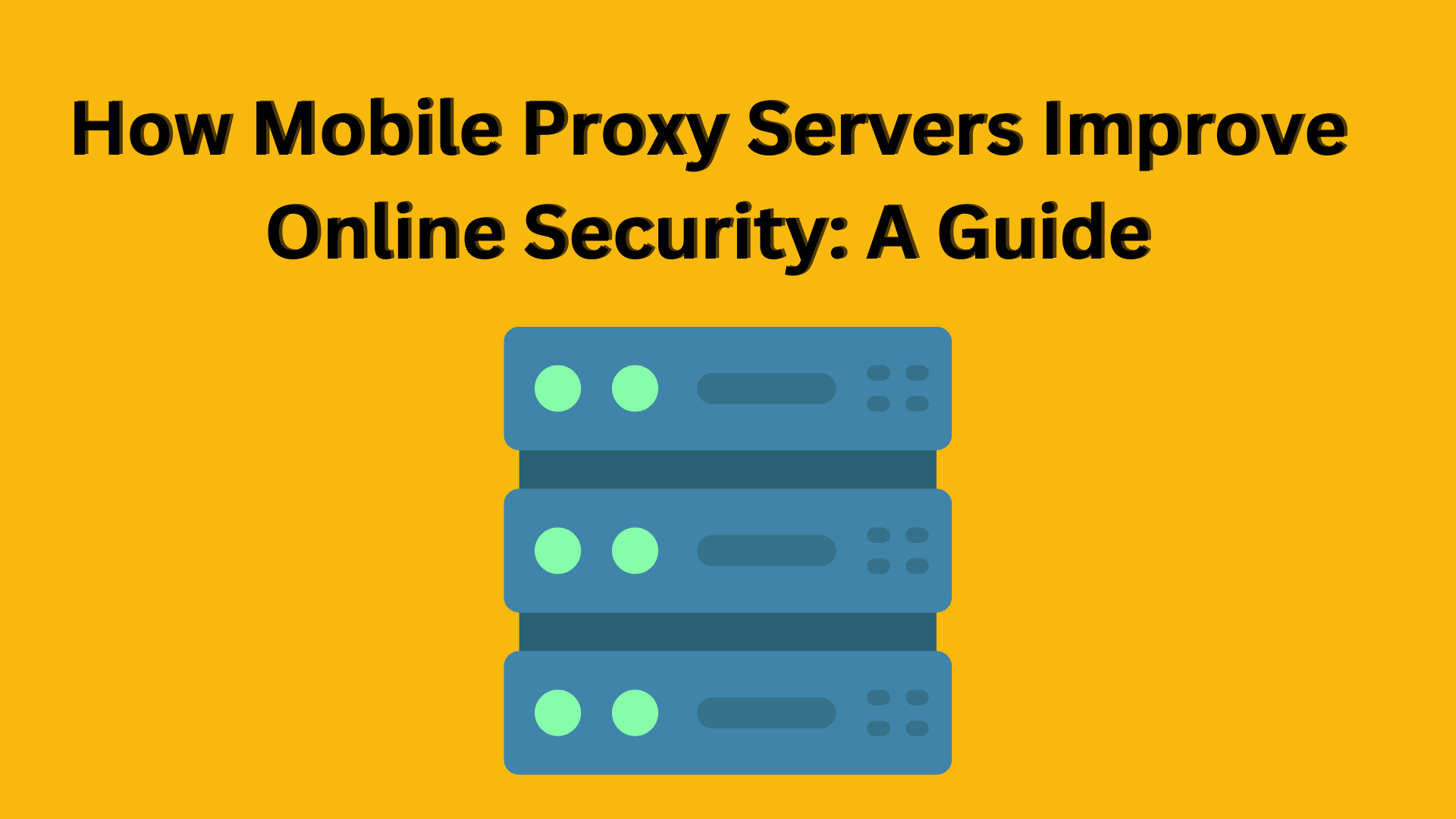
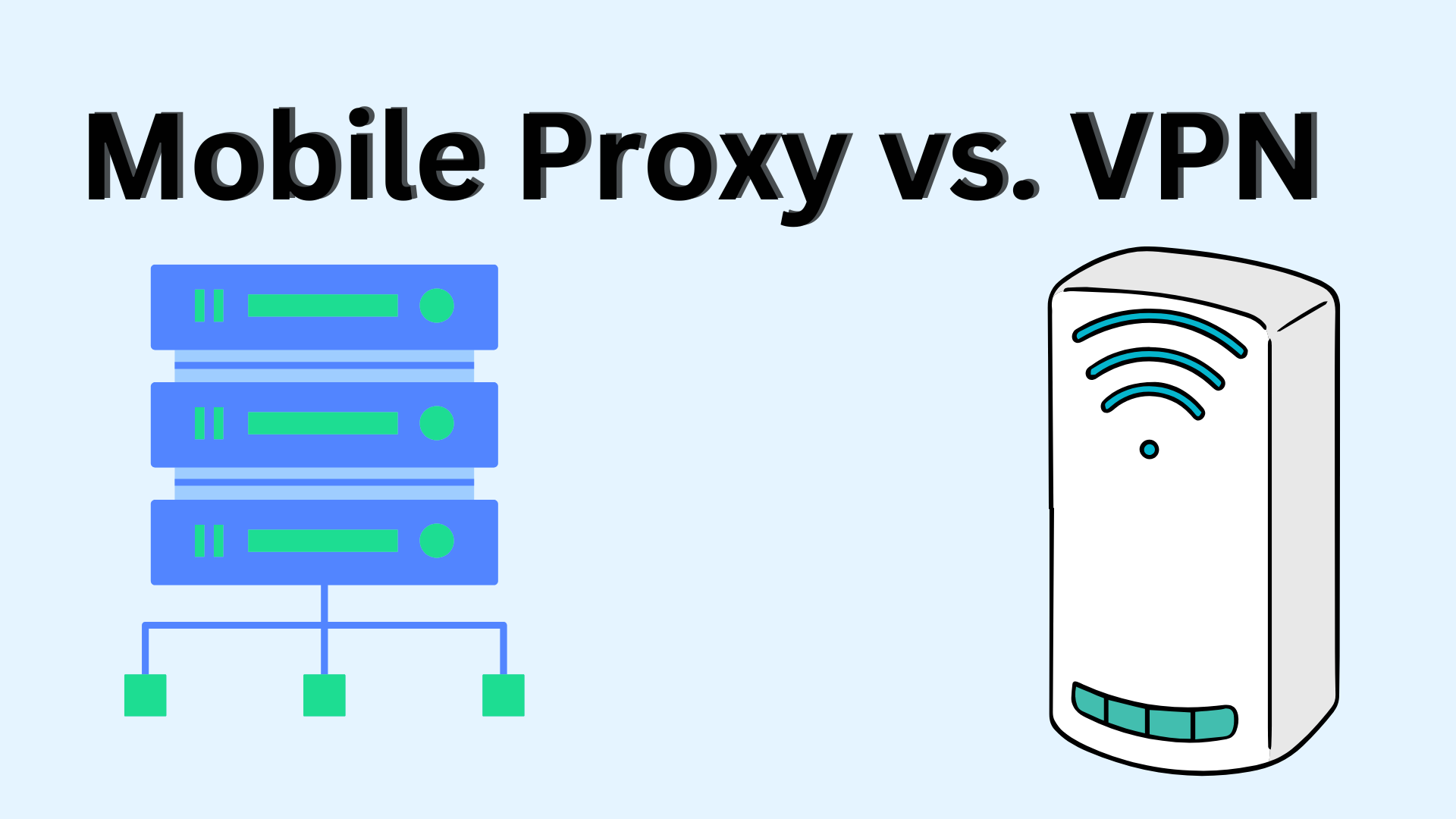
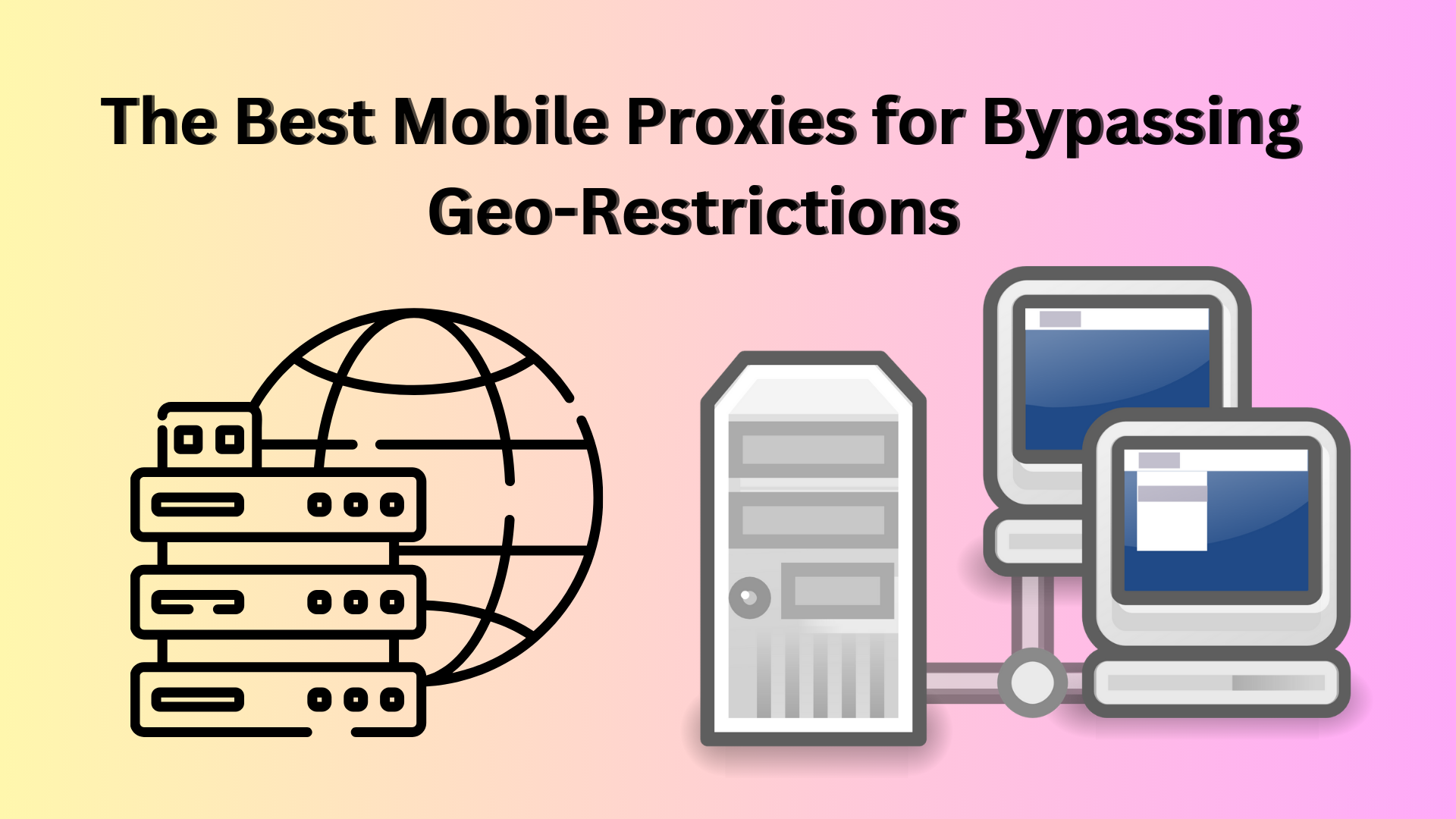
Pingback: Mobile Proxy Servers and SEO: How They Can Boost Your Rankings
Pingback: How Mobile Proxies Can Help You Access Restricted Content